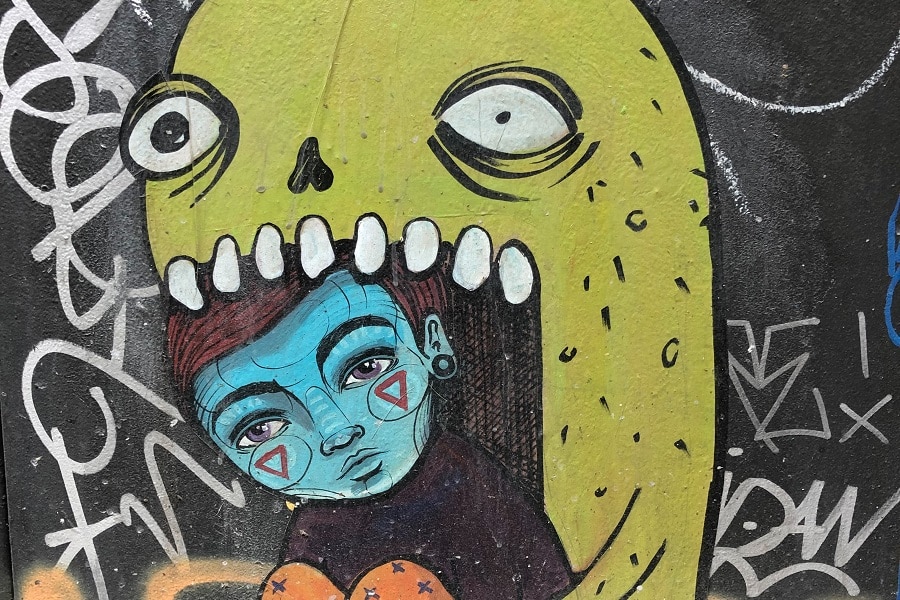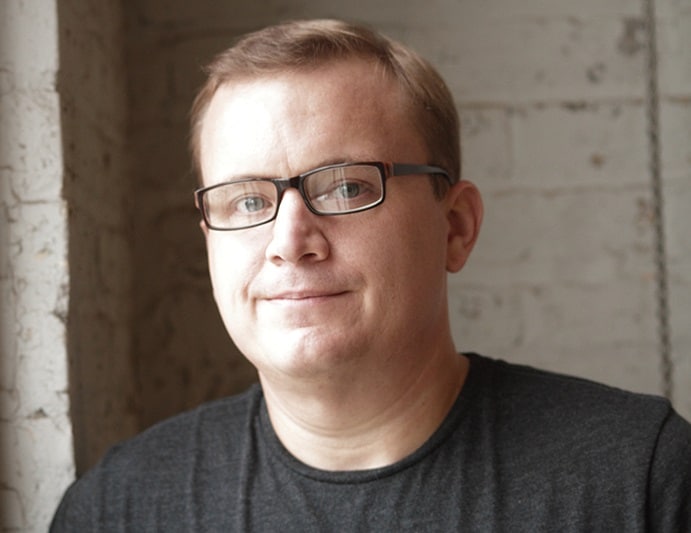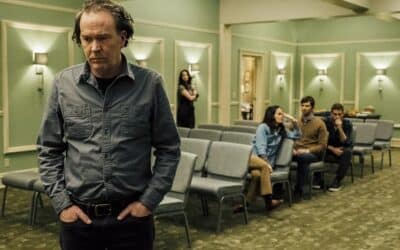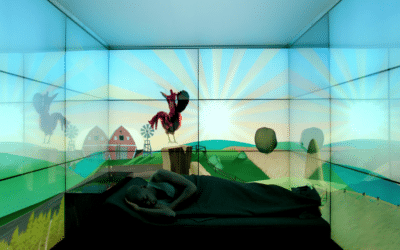
Hunger in Horror
David Oppegaard
“Everybody’s got a hungry heart”
—Bruce Springsteen
Hunger tends to play an outsized role in horror. It seems that the natural world, the cycle of living and dying, the eat-or-be-eaten nature of Nature, is writ large against the backdrop of horror. We tend to think of horror movies and fiction as methods of escape, but what they often actually do is display a more extreme version of the reality already around us.
Here are a few hungry horror examples off the top of my head (I’m sure you can come up with a dozen more without too much digging):
Zombies. They want brains! All the brains!
Vampires. They want blood! All the blood!
Various demons and creatures from folklore and fantasy want to devour your very soul.
The great white shark in the movie Jaws (1975) wants to cuddle. Just kidding. It actually wants to devour all the human swimmers on Amity Island. Jaws is basically about a very hard-to-kill set of teeth that is hunger personified, a stand-in for every huge, relentless animal that has hunted humankind throughout its nervous time on Earth (also see The Grey [2011] with Liam Neeson, in which he actually punches a ravenous wolf).
The Blob (1958) is, according to Wiki, about a “carnivorous amoeboidal alien that crashes to Earth from outer space inside a meteorite.” The Blob loves to envelop human beings, which seems to be its preferred method of absorbing them, and proceeds to grow larger and larger, turning its victims into greater physical mass, until it’s bigger than a building. What does this blob want, beyond feeding its unending appetite? Who cares. It’s basically a moving, primordial stomach turned loose on the panicked buffet that is humanity.
In the novel The Silence of Lambs (1988) by Thomas Harris we are introduced to the cannibalistic serial killer Hannibal Lector, who has turned killing his victims into a culinary triumph that revolts and fascinates both the reader and FBI trainee Clarice Starling. While many chilling serial killers have come and gone in the horror landscape over the past fifty years, Hannibal Lector’s name still rings out in horror fandom, in part due, no doubt, to his very particular way of enjoying his victims and how well it lends itself to grisly cinematic visions. Hannibal not only has an appetite for murder; he wants to literally savor the flesh and blood of his victims.
I could keep going on in this fashion (for instance, The Texas Chainsaw Massacre could be viewed as a fictional documentary about the perils of getting a little too obsessed with making Texas barbecue) but I think my point is made. Hunger, when reduced to its biological purpose, is the ultimate form of motivation, even for the shambling undead and carnivorous amoeboidal aliens. Hunger, that most basic of animal needs, is why we get up in the morning.
But what happens when we have enough?
When we should be satiated but, somehow, are not?
Most animals eat only when they’re hungry or performing a biological imperative, such as carrying their offspring or preparing for hibernation. Humans, on the other hand, often eat far beyond fulfilling their physical appetites and will also acquire material wealth far beyond their needs. We like to eat, drink, and purchase.
In my new horror novel, Claw Heart Mountain, the central characters come from well-off families. Despite their relative material comfort, they are unable, as a group, to resist taking millions of dollars from an overturned armored van they find on the side of the road, while knowing this act is wrong and could lead to a lot of trouble.
At what point should someone be satisfied with their slice of the economic pie? Is this kind of bottomless economic hunger natural or unnatural? Some people seem to be denied a sense of monetary satiation forever. Pick a well-known politician or celebrity, the kind of wealthy persona who still makes time to film a cheap TV commercial, and you can feel their hunger radiating through whatever screen you happen to be viewing them on.
Also featured in Claw Heart Mountain is the Wraith, a more traditional, Big Foot-type monster cursed to roam Claw Heart Mountain. During a campfire story, we learn that the Wraith began its existence as an Old West “Indian hunter” who is unable to contain his own hunger for wealth. Late at night, the hunter slaughters the entire traveling party he’s been hired to protect, stealing their hard-earned wealth for himself. One of his victims, an old witch, curses him with both eternal hunger and eternal life before she dies, so that his suffering is unending. The Indian hunter is transformed into the Wraith.
The Wraith is forced to live with a terrible duality—it is always hungry yet can never be satiated. I worry that too many modern human beings suffer from this same problematic duality and it undermines their happiness in ways both obvious and insidious. When is enough enough? Do you need that third helping at the wedding buffet? That fifth drink? That third house in another part of the country? Does everyone have to look and act like you? Do you need to own every scrap of land on the North American continent to feel like you have a place in the world?
If you are always chasing some need, some hunger, when can you simply enjoy what you do have? Horror isn’t always obvious. It doesn’t always come at you from an outside source, some toothy monster trying to devour you. Often horror is internal, and this can be the most unsettling and voracious horror of all.
Sometimes, you are the Hunger in the Mountain.
About the Author
DAVID OPPEGAARD is the author of Claw Heart Mountain, The Town Built on Sorrow, The Firebug of Balrog County, The Suicide Collectors, And the Hills Opened Up, and Wormwood, Nevada. He is also the author of the novella Breakneck Cove. David’s work is a blend of horror, literary fiction, science fiction, and dark fantasy. He has been named a finalist for a Bram Stoker Award and a Minnesota Book Award. He lives in St. Paul, MN, with his wife and their ravenous cat.

More Horror Features
Horror Through the Ages
A Journey Through Time and Terror
Technology in Horror
When gadgets become nightmares
Female Characters in Horror
From Victims to Heroes



